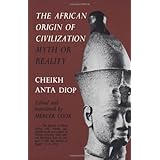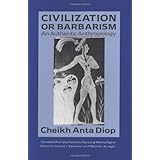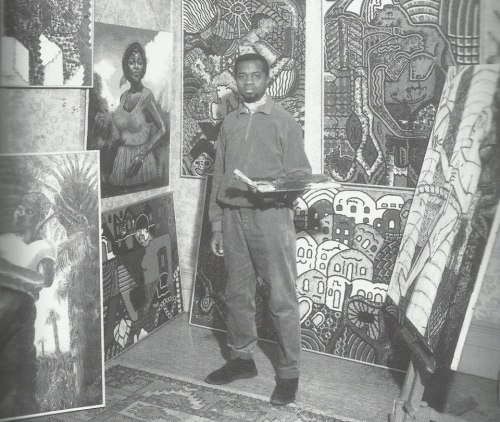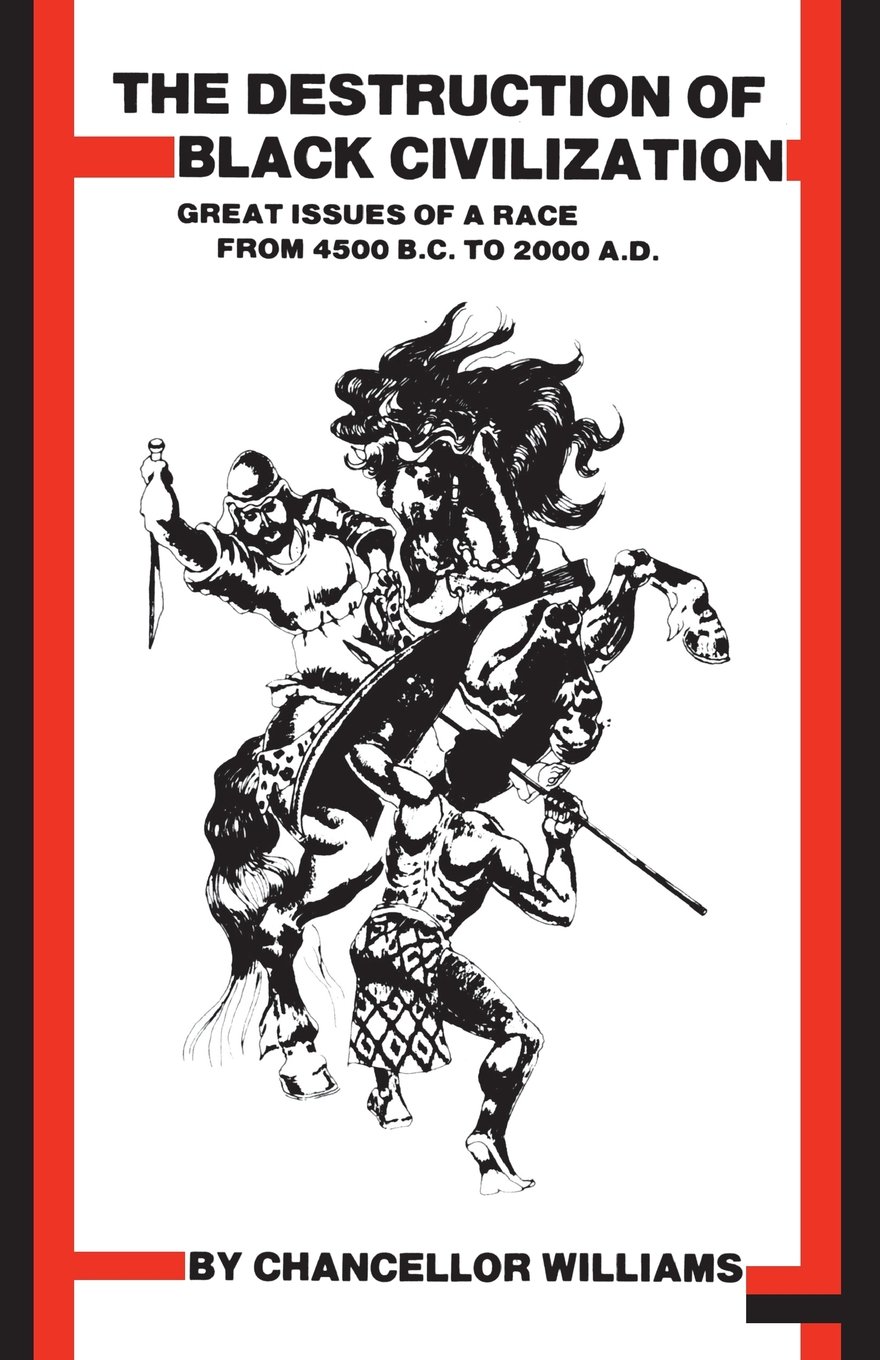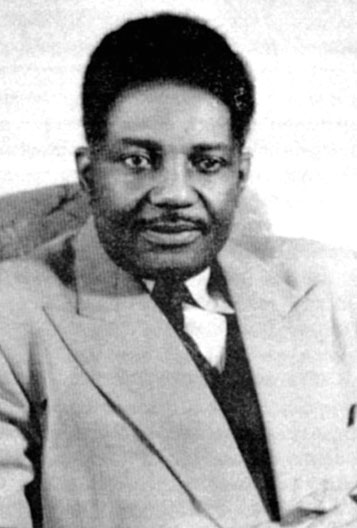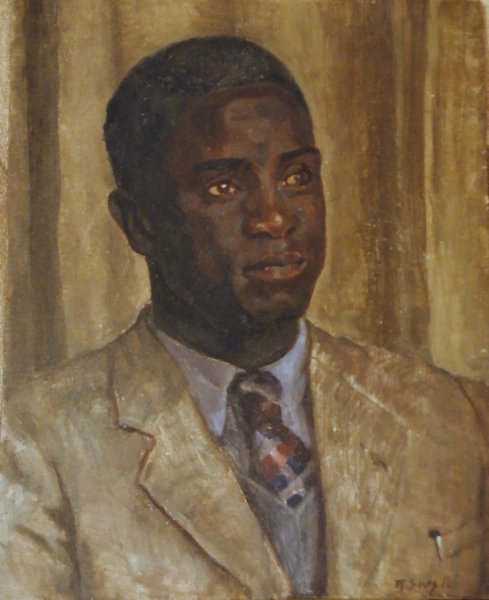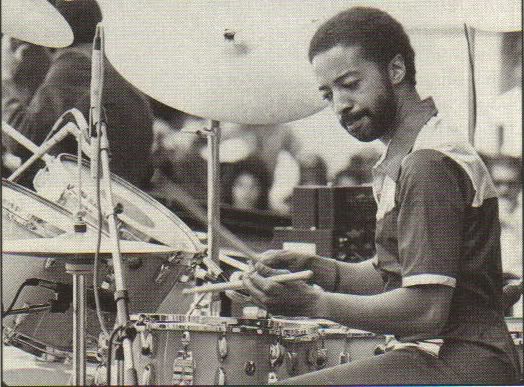
Chukwuemeka
Ike’s first novel, Toads for Supper,
was published in London in April 1965. 2015 marks his Golden Jubilee as a
published novelist (or storyteller). During this period, Ike established
himself as a “relevant novelist” as distinguished critic Ezenwa Ohaeto describes
him. Ike’s novels beam the searchlight on various facets of life: child
upbringing (The Potter’s Wheel, Anu Ebu Nwa – in Igbo); life in high school/secondary
school (The Bottled Leopard, Expo ’77); life at college/university (Toads for Supper, The Naked Gods, Toads for
Ever); the generation gap (Our
Children Are Coming!); the nation/state (The Search, Conspiracy of
Silence); Nigeria-Biafra War (Sunset
at Dawn); a multinational organization (The
Chicken Chasers). As Professor Chinua Achebe stated in Lagos at the
presentation of Ike’s Expo ’77 on 28
April 1981 (Ike’s 50th birthday), “Chukwuemeka Ike has explored a wider
spectrum of Nigerian life than any other novelist. Each of his six novels takes
a different perspective in our story, drawing its material from a different
facet of his own rich and diverse experience.” Ike published a collection of
short stories (The Accra Riviera) and
a fictional US-based travelogue (To My
Husband, From Iowa) in which he sees the US, Latin America and South-East
Asia through the eyes of a Nigerian female creative writer. His book, The Bottled Leopard was reproduced for
the French as Fils De Panthere, adding
a few million readers to his global audience.
As a
non-fiction writer, Ike wrote a scholarly book (University Development in Africa: The Nigerian Experience) and a
do-it-yourself book (How To Become A
Published Writer). He co-edited University
of Nigeria 1960-85: An Experiment in Higher Education, and edited six books
related to book publishing and the reading culture. He also wrote four
monographs. Professor Kanchana Ugbabe, in her introduction to the book, Chukwuemeka Ike: A Critical Reader
(2001), writes: “Ike’s work…serves an important bridging function between
serious and popular literature… Ike’s primary concern has been to communicate
with his audience through the storyteller’s art… He is an engaging writer whose
thematic range and innovations in style… have kept his works continually in the
public eye. Though the world Ike deals with is a small one, the village… the
boarding school, the university campus, Ike cannot be accused of provincialism.
His insights into envy, jealousy and power struggles in this small world, leads
us to an understanding of similar issues in the world at large. Ike is also one
of the strong voices in urban literature in Africa.” Professor Ugbabe regrets
that “a writer who has made such an impact on the reading public… has not to
date received much critical acclaim.” This was in 1991.
The
situation has since changed! In April 2008, the US- based African Literature
Association (ALA) conferred on Ike its 2008 Fonlon-Nichols Award for Excellence
in Creative Writing and Outstanding Contribution to the Struggle for Human Rights
and Freedom of Expression. At home in Nigeria, the President of the Federal
Republic of Nigeria conferred the Nigerian National Order of Merit (NNOM) Award
on H.M. Eze Prof. Chukwuemeka Ike, OFR. NNOM is Nigeria’s highest and most
prestigious national prize for academic and intellectual attainment. Ike became
the second Novelist to receive the award since its inauguration in 1979, the
first being Chinua Achebe.
The
2015 Golden Jubilee will be a golden opportunity to celebrate the elder
statesman Chukwuemeka Ike’s achievements as a leading, internationally
acclaimed novelist of Nigerian birth. It should also be the catalyst for
establishing the infrastructure for sustainable literary creativity in Nigeria.
Meanwhile, readers, critics and scholars who have indicated the intention of
writing on Ike’s numerous books and his style and global impact, have been
encouraged to send their contributions to the landmark book on Ike not later
than 28 February 2015 to enable the
editors to ensure it is published in the first quarter of 2015.
Papers
Scholars,
critics, students and informed fans/readers of Ike’s books: You are all invited
to send in papers written on any of Ike’s fiction AND non-fiction books for the
forthcoming landmark book titled: Chukwuemeka
Ike- The Leopard Unbottled: 50 Years as a Trail Blazing Novelist and Global
Cultural Icon
Papers
may also examine any or all of the following:
1. Moulding
the Child for Responsible Citizenship: The
Potter’s Wheel – the first novel on the Nigerian Child
2. Moulding
the Teenager for Responsible Citizenship: The
Bottled Leopard
3. Expo ’77 – the first Nigerian
detective novel.
4. Moulding
the Undergraduate for Responsible Citizenship: Toads for Supper, The Naked
Gods, Our Children Are Coming, Toads For Ever
5. Closing
the Generation Gap: Our Children Are
Coming
6. War as
an Instrument for National Reconciliation: Sunset
at Dawn
7. Fostering
Enduring National Unity and Co-existence: The
Search
8. Addressing
Major Societal Problems: Conspiracy of
Silence, The Search
9. A glimpse
of the Multinational scene: The Chicken
Chasers
10. Helping
Budding Writers: How To Become A
Published Writer
11. Ike’s
exploration of “a wider spectrum of Nigerian life than any other novelist”
12. Ike’s
Short Stories: The Accra Riviera,
etc., etc
13. Ike as
a Non-Fiction Writer: University
Development in Africa: The Nigerian Experience, How To Become A Published Writer
14. Ike’s
contribution to National Book Development
15. Ike’s
transformation to and commentary as a “Woman”: To My Husband From Iowa
16. Ike in
the hands of Literary Scholars
17. The Man
Behind the Mask: Behold Chukwuemeka Ike.
18. Ike’s
style.
19. Ike’s
themes.
20. Ike’s
impact as an International Writer of Nigerian birth.
21. Ike’s
role in developing sustainable literary creativity
22. Ike’s
role in sustainable Nigerian Book Development
23. An
overall assessment of Ike’s success as “relevant writer”
24. Ike as
a Strong Voice in African Urban Literature
25. Ike’s
art as Storyteller.
26. Chukwuemeka
Ike-The Storyteller in National Development.
27. Any
other area of interest to you.
*****Please
email papers to The Editor, not later than midnight 28 February 2015 to: Prince Osita Ike, oyster3000@gmail.com phone:
+2348033157657, +2348023114900
Activities
will start in April 2015 (Toads For Supper’s
50th publication anniversary) and spread through the 2015
For
now, activity centres will be
1. Abuja –
Tuesday 21 April 2015 – Merit House, Maitama, in collaboration with NNMA
Secretariat and NCAC: the National Council for Arts and Culture
2. Igbariam,
Odumegwu Ojukwu University– Monday 27 April 2015
3. Lagos -
Tuesday 5 May 2015, 100.00am – the Nigerian International Book Fair at the
University of Lagos, in collaboration with Learn Africa Plc. and his
publishers.
4. Ibadan
-- Wednesday 6 May 2015 - in collaboration with his publishers- University
Press Plc, HEBN &Spectrum
5. UNN (Nsukka) – Tuesday 12 MAY 2015, 11am, Princess
Alexandra Auditorium
6. Government
College, Umuahia – Wednesday 20 May 2015
7. University
of Jos, Jos – Tuesday 16 June 2015, in the main campus auditorium
8. Accra-
July 2015: a one-day event at PAWA House, in collaboration with WAEC (PAWA is
the Pan African Writers’ Association)
9. Ndike/Awka (UNIZIK), 2015
10. In the US, Stanford University was a
thought since he is an alumnus.
At each
event, Chukwuemeka Ike’s books will be on sale and the author will autograph
copies bought
International Organizing Committee
December 2014
Twitter @HerbertEkweEkwe

